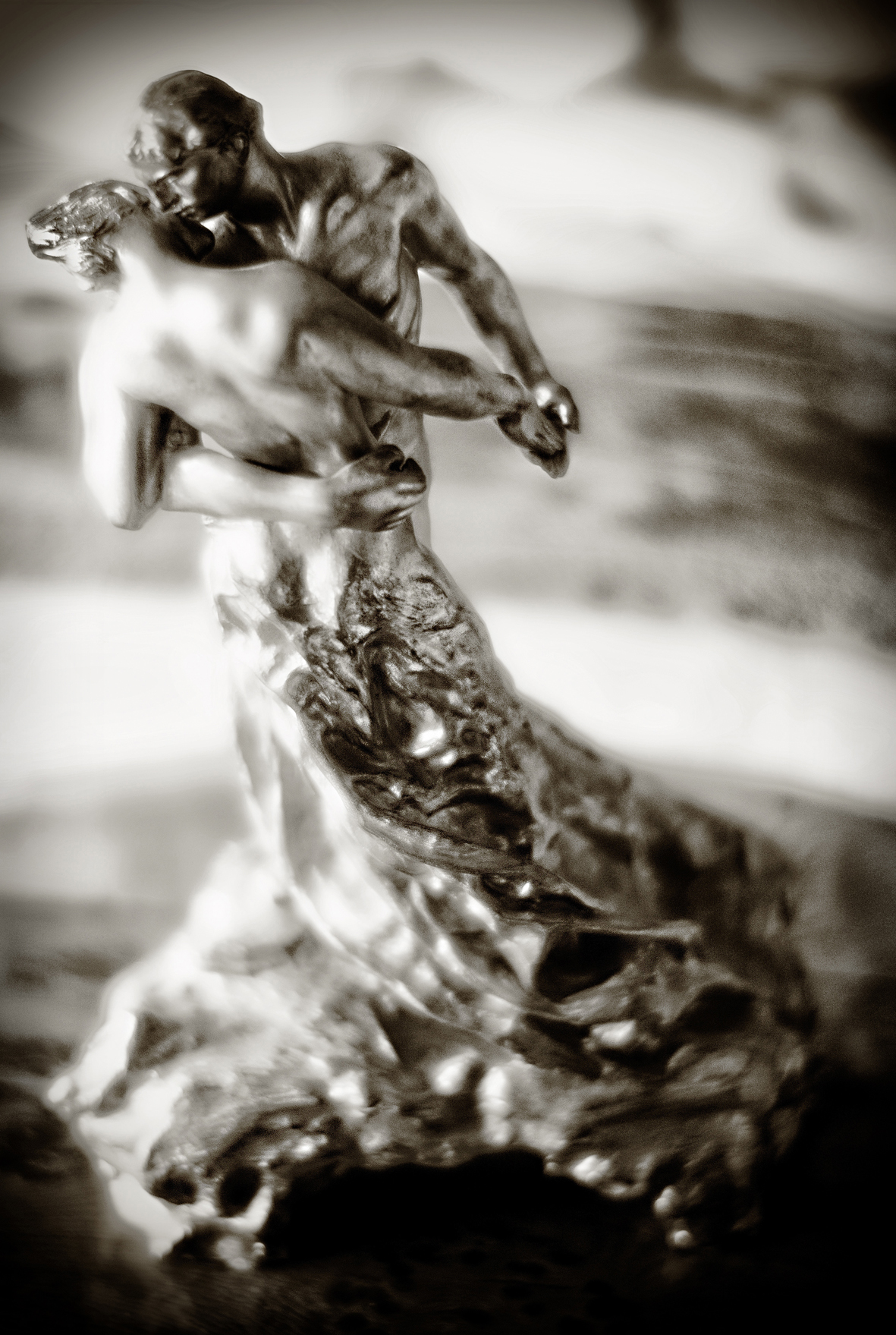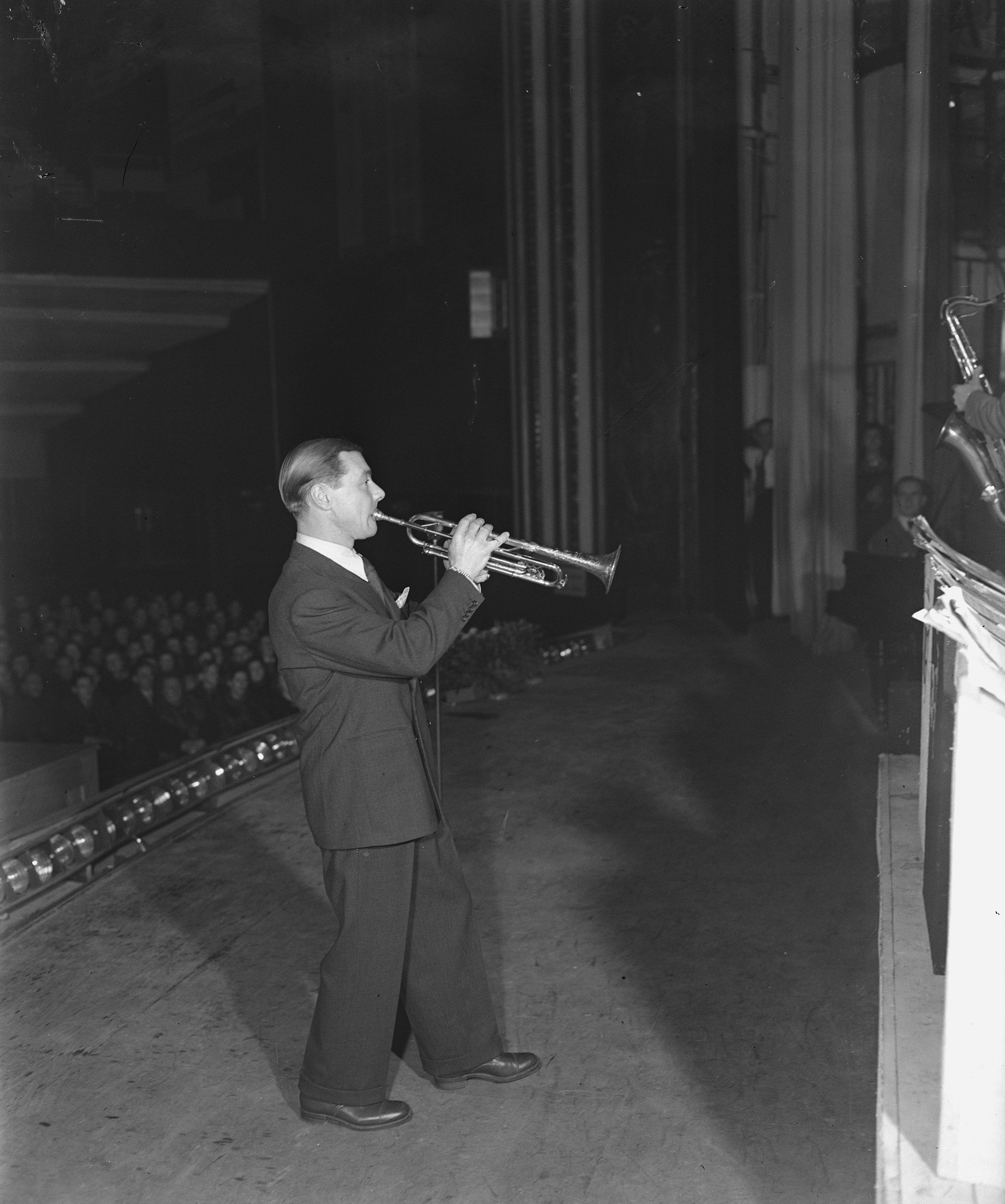|
Povel Ramel
Baron Povel Karl Henric Ramel (; 1 June 1922 – 5 June 2007) was a Swedish entertainer. Ramel was a singer, pianist, vaudeville artist, author and a novelty song composer. His style was characterized by imaginative wit, both verbal and musical.''Nationalencyklopedin'' article about Ramel He took inspiration from US and UK 'crazy' style humor and created his own personal Swedish version, unusual combinations of lyrics and music, word play, pastiche and general unexpectedness. He wrote approximately 1700 songs, skits and monologues, and he is regarded as a legend and an institution in Swedish entertainment."Varför skulle nån köpa en zebra?" Interview in '' ... [...More Info...] [...Related Items...] OR: [Wikipedia] [Google] [Baidu] |
Baron
Baron is a rank of nobility or title of honour, often Hereditary title, hereditary, in various European countries, either current or historical. The female equivalent is baroness. Typically, the title denotes an aristocrat who ranks higher than a lord or knight, but lower than a viscount or count. Often, barons hold their fief – their lands and income – directly from the monarch. Barons are less often the vassals of other nobles. In many kingdoms, they were entitled to wear a smaller form of a crown called a ''coronet''. The term originates from the Late Latin, Latin term , via Old French. The use of the title ''baron'' came to England via the Norman Conquest of 1066, then the Normans brought the title to Scotland and Southern Italy. It later spread to Scandinavian and Slavic lands. Etymology The word '':wikt:baron, baron'' comes from the Old French , from a Late Latin "man; servant, soldier, mercenary" (so used in Salic law; Alemannic law has in the same sense). The sc ... [...More Info...] [...Related Items...] OR: [Wikipedia] [Google] [Baidu] |
Open-air Museum
An open-air museum is a museum that exhibits collections of buildings and artifacts outdoors. It is also frequently known as a museum of buildings or a folk museum. Definition Open air is "the unconfined atmosphere ... outside buildings". In the loosest sense, an open-air museum is any institution that includes one or more buildings in its collections, including farm museums, historic house museums, and archaeological open-air museums. Mostly, "open-air museum" is applied to a museum that specializes in the collection and re-erection of multiple old buildings at large outdoor sites, usually in settings of recreated landscapes of the past, and often including living history. Such institutions may, therefore, be described as building museums. European open-air museums tended to be sited originally in regions where wooden architecture prevailed, as wooden structures may be translocated without substantial loss of authenticity. Common to all open-air museums, including the ... [...More Info...] [...Related Items...] OR: [Wikipedia] [Google] [Baidu] |
Knäppupp
''Knäppupp'' ( Swedish: "unbutton") was the collective name of a popular revue series produced by Swedish musician and entertainer Povel Ramel. It was associated with Knäppupp AB, the production company that was set up specifically for the purpose of managing and financing the theatrical performances. The company was active from 1952 to 1968. Ramel was the driving force behind the revues and wrote and performed most of the material himself. Among the more prolific co-actors were Martin Ljung and Brita Borg. History Povel Ramel and Per-Martin Hamberg had worked in the Swedish Radio entertainment department, where Ramel made innovative radio programs such as ''The Hunt for Johan Blöth'', ''The Association for the Promotion of Flying'', ''Four Around a Grand Piano'' and ''Mr. Hålm's Fates and Adventures'', in which Brita Borg and Martin Ljung participated. When the swaying artist and entertainment producer Felix Alvo came up with a proposal for a collaboration, the result was ... [...More Info...] [...Related Items...] OR: [Wikipedia] [Google] [Baidu] |
Felix Alvo
Felix may refer to: * Felix (name), people and fictional characters with the name Places * Arabia Felix is the ancient Latin name of Yemen * Felix, Spain, a municipality of the province Almería, in the autonomous community of Andalusia, Spain * St. Felix, Prince Edward Island, a rural community in Prince County, Prince Edward Island, Canada. * Felix, Ontario, an unincorporated place and railway point in Northeastern Ontario, Canada * St. Felix, South Tyrol, a village in South Tyrol, in northern Italy. * Felix, California, an unincorporated community in Calaveras County * Felix Township, Grundy County, Illinois * Felix Township, Grundy County, Iowa Music * Felix (band), a British band * Felix (musician), British DJ * Felix (rapper) (born 2000), Australian rapper and member of the K-pop boy band Stray Kids * Félix Award, a Quebec music award named after Félix Leclerc Business * Felix (pet food), a brand of cat food sold in most European countries * AB Felix, ... [...More Info...] [...Related Items...] OR: [Wikipedia] [Google] [Baidu] |
STIM
STIM, ''Svenska Tonsättares Internationella Musikbyrå'' (Swedish Performing Rights Society), is a Swedish collecting society for songwriters, composers and music publishers. Its role is to act as an agent for its members in order to collect license fees whenever their musical works are performed in public, broadcast or transmitted, and to pay out performing royalties. STIM was founded in 1923, a few years before Sveriges Radio Sveriges Radio Aktiebolag, AB (; "Sweden's Radio") is Sweden's national publicly funded radio programming, radio broadcaster. Sveriges Radio is a public limited company, owned by an independent foundation, previously funded through a television ... began regular broadcasting. Initially an organization for collecting concert fees for composers of classical music, it has since expanded to all genres of music, and license fees from broadcasters have become an important source of income. The organization now has more than 71,000 members. In 2003–2007 ... [...More Info...] [...Related Items...] OR: [Wikipedia] [Google] [Baidu] |
Waltz
The waltz ( , meaning "to roll or revolve") is a ballroom dance, ballroom and folk dance, in triple (3/4 time, time), performed primarily in closed position. Along with the ländler and allemande, the waltz was sometimes referred to by the generic term German Dance in publications during the late 18th and early 19th centuries. History There are many references to a sliding or gliding dance, including ''volte'', that would evolve into the waltz that date from 16th-century Europe, including the representations of the Printmaking, printmaker Sebald Beham, Hans Sebald Beham. The French philosopher Michel de Montaigne wrote of a dance he saw in 1580 in Augsburg, where the dancers held each other so closely that their faces touched. Kunz Haas (of approximately the same period) wrote, "Now they are dancing the godless ''Weller'' or ''Spinner''."Nettl, Paul. "Birth of the Waltz." In ''Dance Index'' vol 5, no. 9. 1946 New York: Dance Index-Ballet Caravan, Inc. pages 208, 211 "The ... [...More Info...] [...Related Items...] OR: [Wikipedia] [Google] [Baidu] |
Boogie Woogie
Boogie-woogie is a genre of blues music that became popular during the late 1920s, but already developed in African-American communities since the 1870s.Paul, Elliot, ''That Crazy American Music'' (1957), Chapter 10, p. 229. It was eventually extended from piano to piano duo and trio, guitar, big band, country and western, and gospel. While standard blues traditionally expresses a variety of emotions, boogie-woogie is mainly dance music (although not usually played for the competitive dance known as boogie-woogie, a term of convenience in that sport). The genre had a significant influence on rhythm and blues and rock and roll. Boogie-woogie waned in popularity in the 1930s, but enjoyed a resurgence and its greatest acclaim in the 1940s, reaching audiences around the world. Among its most famous acts was the "Boogie Woogie Trio" of Pete Johnson, Albert Ammons, and Meade "Lux" Lewis. Other famous boogie woogie pianists of this peak era were Maurice Rocco and Freddie Slack. Th ... [...More Info...] [...Related Items...] OR: [Wikipedia] [Google] [Baidu] |
Aftonbladet
(, lit. "The evening paper") is a Swedish language, Swedish daily tabloid newspaper published in Stockholm, Sweden. It is one of the largest daily newspapers in the Nordic countries. History and profile The newspaper was founded by Lars Johan Hierta in December 1830 under the name of during the modernization of Sweden. Often critical and oppositional, the paper was repeatedly banned from publishing. However, Hierta circumvented the bans by constantly reviving the paper under slightly modified names, as, legally speaking, a new publication. Thus, on 16 February 1835, he issued the first edition of New , which would – after yet another ban – be followed by Newer , in turn followed by Fourth , Fifth , and so on. In 1852 the paper began to use its current name, , after a total of 25 name changes. It currently describes itself as an "independent Social democracy, social-democratic newspaper." Augusta Barthelson often wrote small stories in the newspaper. The owners of ... [...More Info...] [...Related Items...] OR: [Wikipedia] [Google] [Baidu] |
Harry Roy
Harry Roy (12 January 1900 – 1 February 1971) was a British dance band leader and clarinet player from the 1920s to the 1960s. He performed several songs with suggestive lyrics, including " My Girl's Pussy" (1931), and " She Had to Go and Lose It at the Astor" (1939) and "When Can I have a Banana Again?" (1943) Life and career Roy was born Harry Lipman in Stamford Hill, London, England to a Jewish family and after learning piano from the age of seven, went on to study clarinet and alto saxophone at the age of 16. He and his brother Sidney formed a band which they called the Darnswells Dance Band, with Harry on saxophone and clarinet and Sidney on piano. During the 1920s, they performed in several prestige venues, such as the Alhambra and the London Coliseum, in bands such as the Original Lyrical Five and the Crichton Lyricals. They had a three-year residency at the Café de Paris, and toured South Africa, Australia and Germany. By the early 1930s, Harry Roy was fronting his ... [...More Info...] [...Related Items...] OR: [Wikipedia] [Google] [Baidu] |
Spike Jones
Lindley Armstrong "Spike" Jones (December 14, 1911 – May 1, 1965) was an American musician, bandleader and conductor specializing in spoof arrangements and satire of popular songs and classical music. Ballads receiving the Jones treatment were punctuated with various sound effects, including gunshots, whistles, cowbells, hiccups, burps, sneezes, animal sounds and outlandish and comedic vocals. Jones and his band recorded for RCA Victor under the title Spike Jones and His City Slickers from the early 1940s to the mid-1950s, and they toured the United States and Canada as "The Musical Depreciation Revue". Early years Lindley Armstrong Jones was born in Long Beach, California, the son of Ada (Armstrong) and Lindley Murray Jones, a Southern Pacific railroad agent. Young Lindley Jones was given the nickname 'Spike' for being so thin that he was compared to a railroad spike. At the age of 11 he got his first set of drums. As a teenager he played in bands that he formed himse ... [...More Info...] [...Related Items...] OR: [Wikipedia] [Google] [Baidu] |
Nat Gonella
Nathaniel Charles Gonella (7 March 1908 – 6 August 1998) was an English jazz trumpeter, bandleader, vocalist, and mellophone, mellophonist. He founded the big band The Georgians (Nat Gonella), The Georgians, during the British dance band era. Early life and career Gonella was born in Islington, North London, where he attended St Mary's Guardian School, an institution for underprivileged children, where he started playing cornet. After a short spell as a furrier's apprentice, his professional career began in 1924 when he joined Archie Pitt's Busby Boy's Band, a small pit orchestra and touring review band. During his four years with the band, he discovered the music of Louis Armstrong and dixieland jazz. He transcribed Armstrong's solos and learned them by heart. Beginning in 1928, Gonella spent a year in Bob Bryden's Louisville Band before working with Archie Alexander and Billy Cotton. Cotton's band allowed him to record his first solos and to explore scat singing. The 19 ... [...More Info...] [...Related Items...] OR: [Wikipedia] [Google] [Baidu] |






